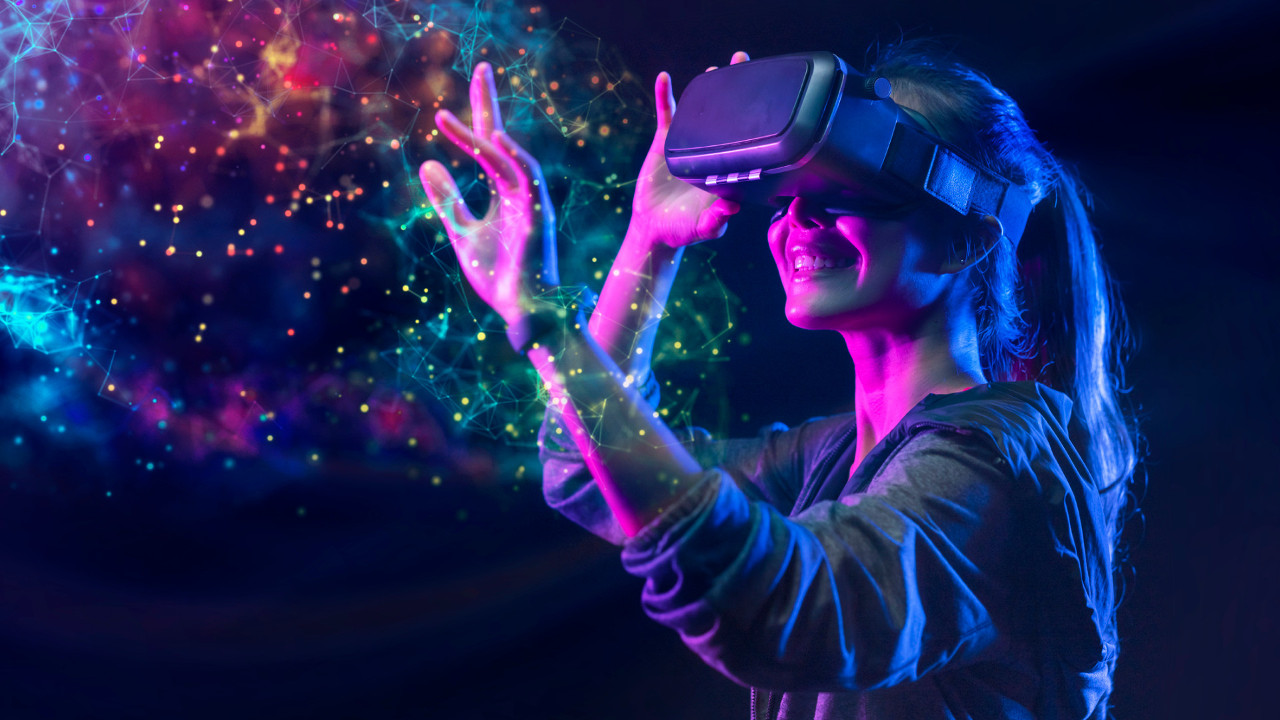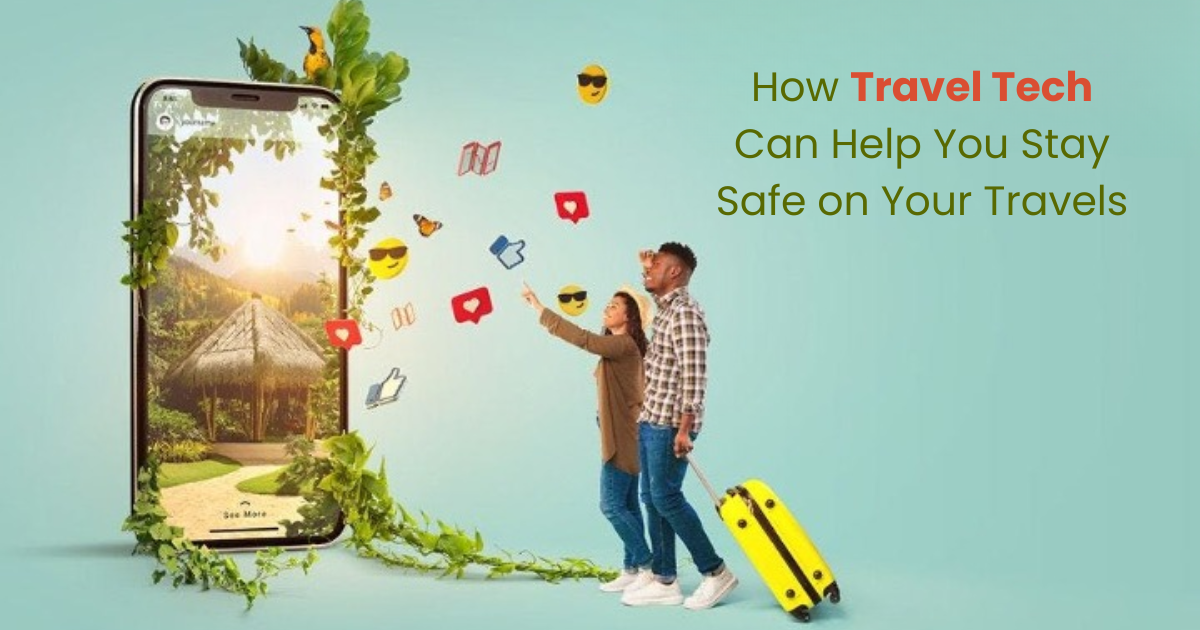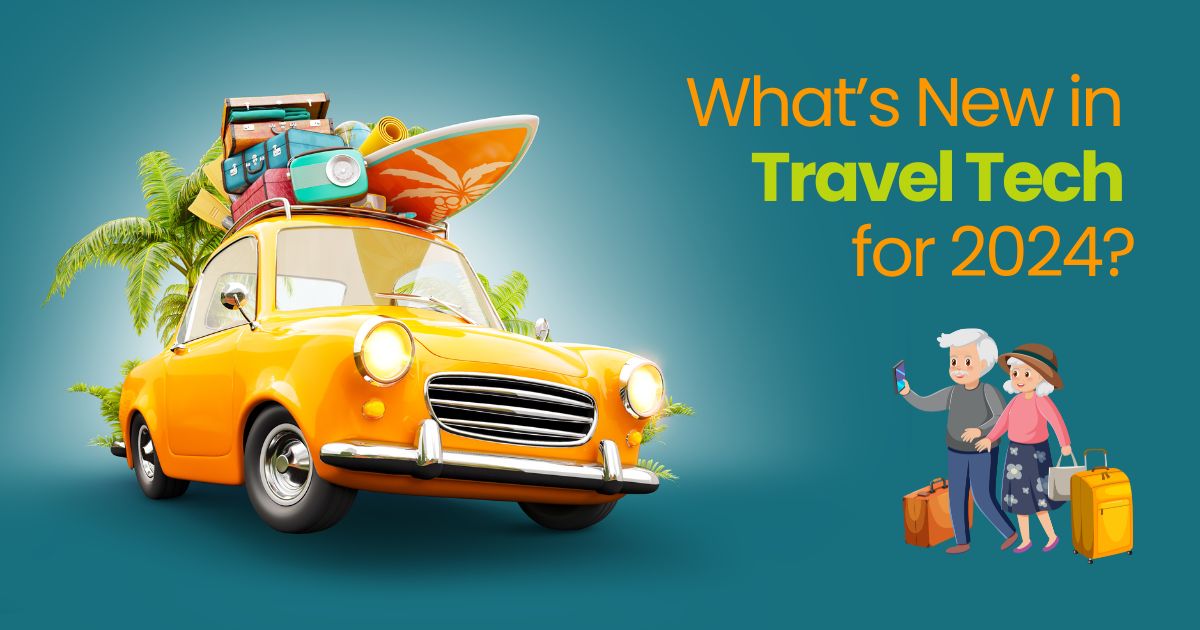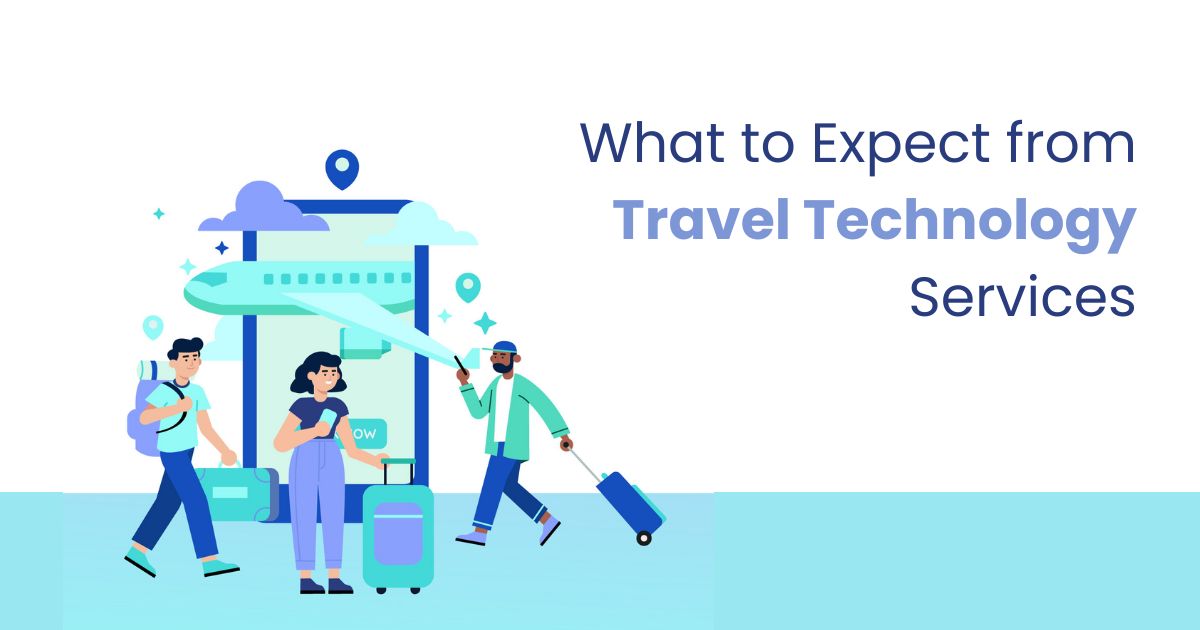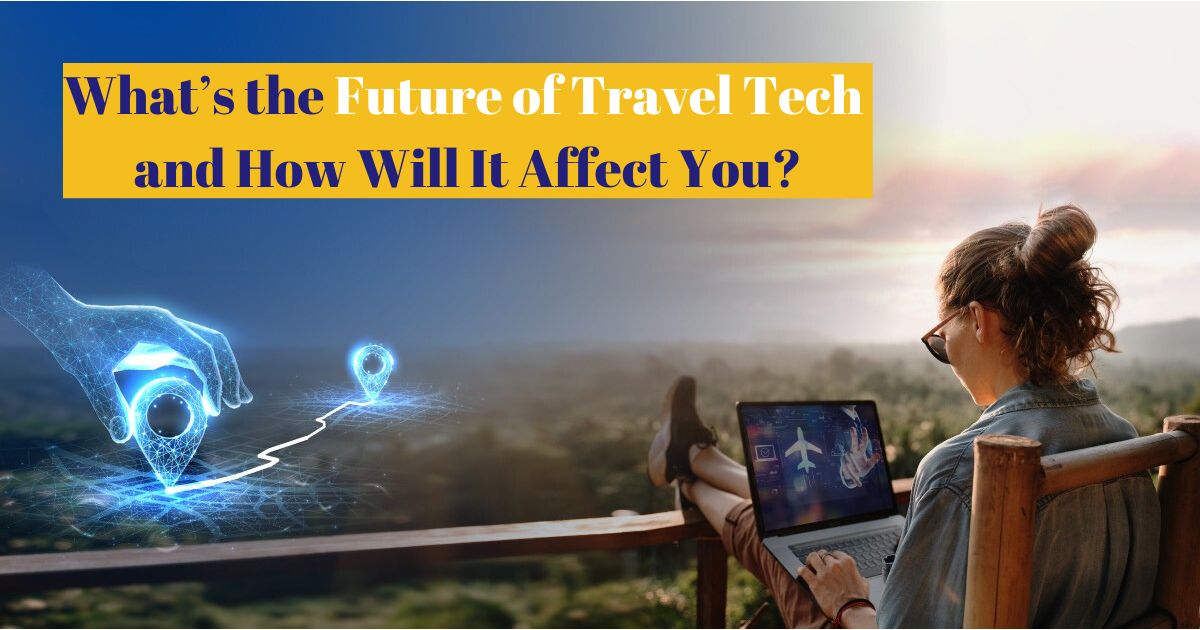Travel technology has evolved rapidly in recent years, and advancements in artificial intelligence (AI), virtual reality (VR), and augmented reality (AR) are reshaping the way we experience and explore the world. These technologies are revolutionizing the travel industry, offering new ways to plan, book, and enjoy our journeys. In this blog, we will delve into how AI, VR, and AR are transforming the travel landscape and enhancing the overall travel experience.
Travel Technology Solutions: Enhancing Your Travel Journey with Advanced Technology SolutionsAI-Powered Travel Assistance:
- AI-driven chatbots and virtual assistants are revolutionizing customer service in the travel industry. These intelligent systems can provide personalized recommendations, answer queries, and assist travelers in planning their trips.
- AI algorithms can analyze vast amounts of data to offer tailored travel itineraries, accommodation suggestions, and activity recommendations based on individual preferences and past travel behavior.
VR for Immersive Travel Experiences:
- Virtual reality technology is enabling travelers to immerse themselves in destinations before even setting foot in them. VR headsets and applications allow users to virtually explore hotels, attractions, and even natural wonders, providing a more realistic preview of their travel destinations.
- VR experiences can also transport users to far-flung locations, historical sites, and cultural events, offering an immersive way to learn about different cultures and destinations.
AR-Enhanced Navigation and Information:
- Augmented reality is changing the way travelers navigate and interact with their surroundings. AR apps can overlay digital information onto the physical world, providing real-time translations, historical context, and interactive guides to enhance the travel experience.
- AR navigation tools can help travelers navigate unfamiliar cities, providing directions, points of interest, and contextual information directly within their field of view.
AI-Driven Personalization and Recommendations:
- AI algorithms are being used to analyze traveler preferences, behavior, and feedback to offer personalized recommendations for accommodations, activities, and dining options.
- AI-powered travel platforms can suggest tailored travel itineraries, taking into account factors such as budget, interests, and past travel experiences to create unique and personalized journeys for each traveler.
VR and AR for Destination Marketing:
- VR and AR technology are being utilized by destination marketing organizations to showcase the unique attractions and experiences of their locations. Immersive virtual tours and AR-enhanced promotional materials can entice potential travelers and provide a compelling preview of what a destination has to offer.
Conclusion:
The integration of AI, VR, and AR into the travel industry is revolutionizing the way we explore the world. These technologies are providing travelers with more personalized, immersive, and informative experiences, ultimately enhancing the overall travel journey. As these technologies continue to advance, we can expect even more innovative applications that will further transform the way we plan, book, and experience travel.




